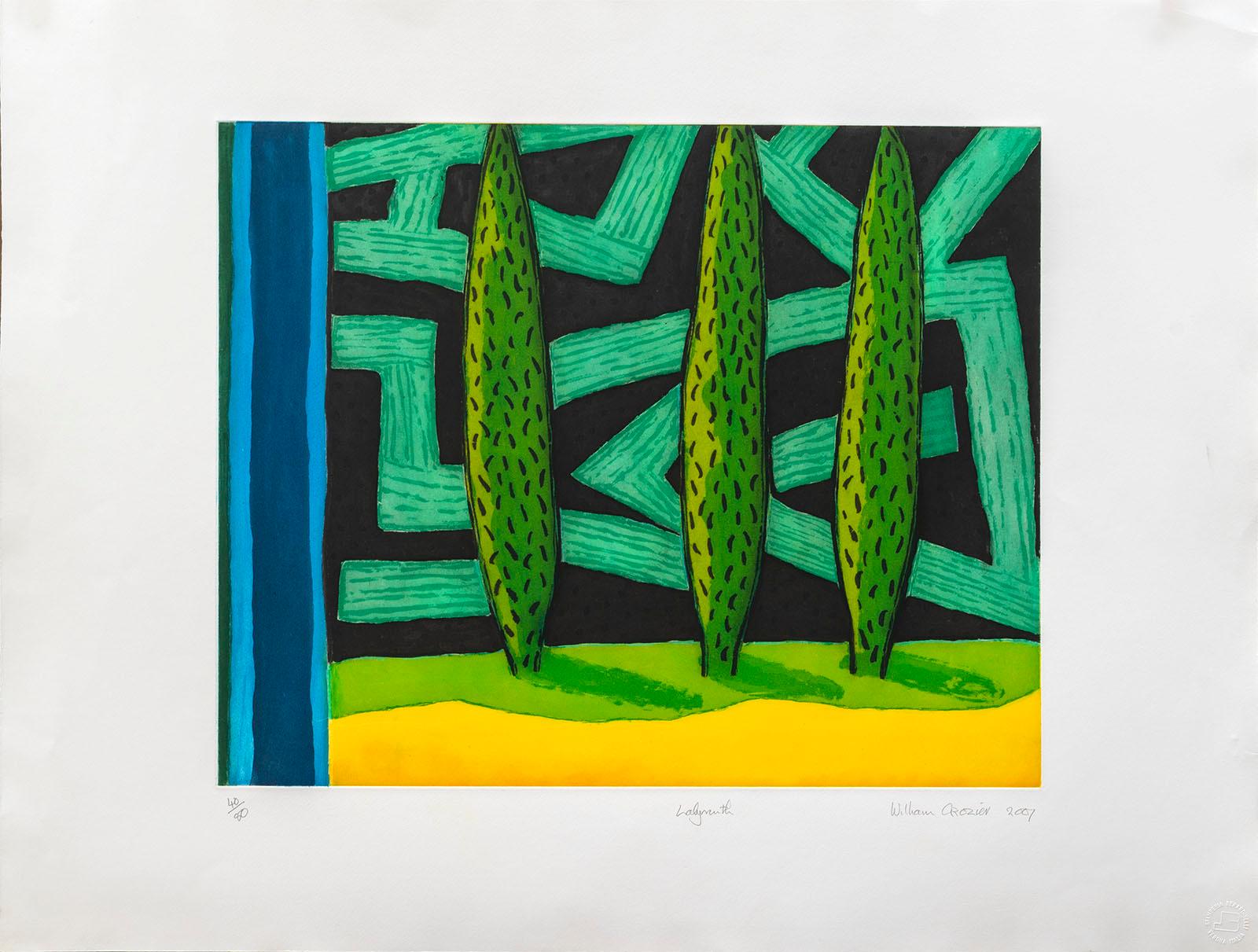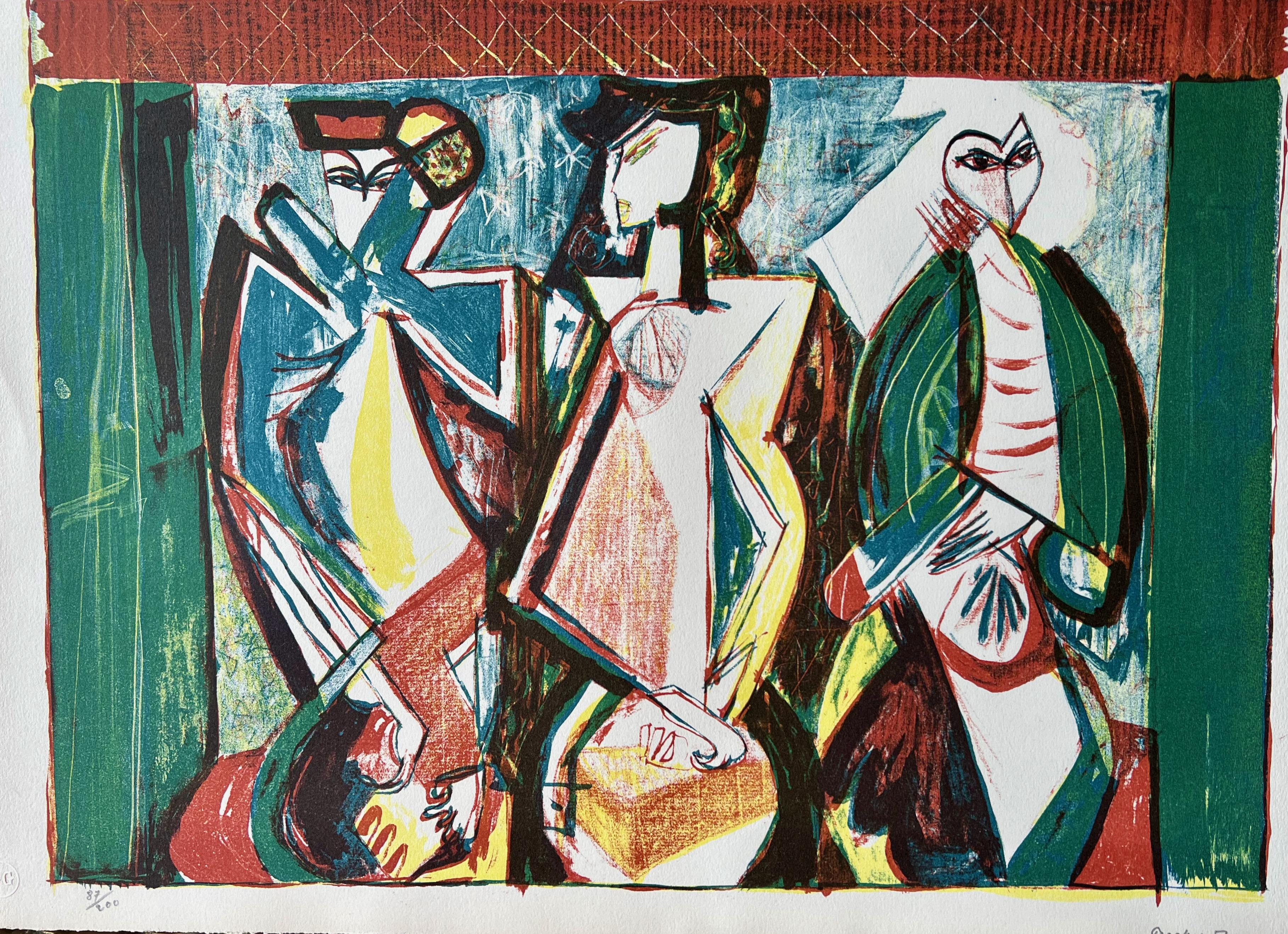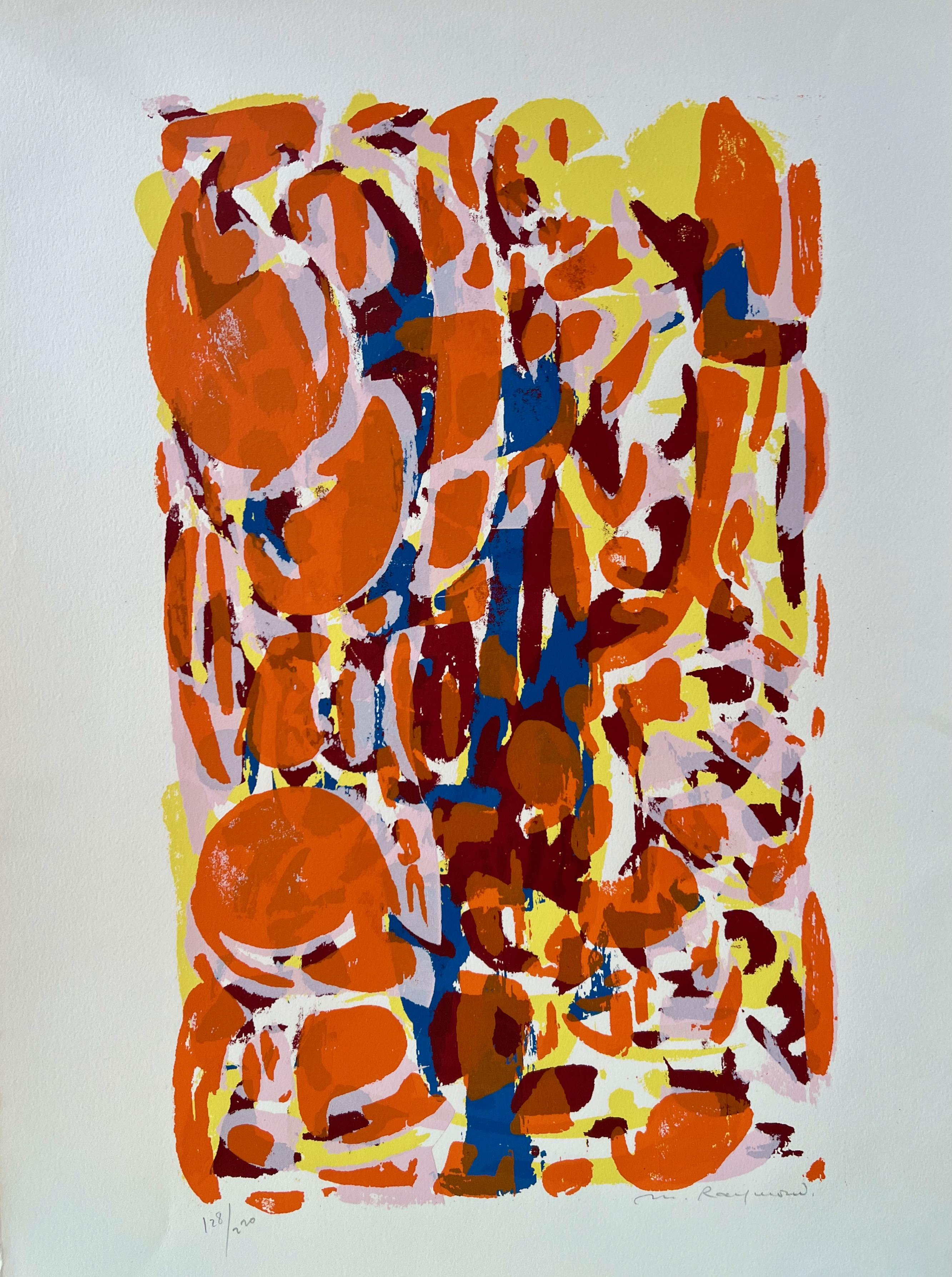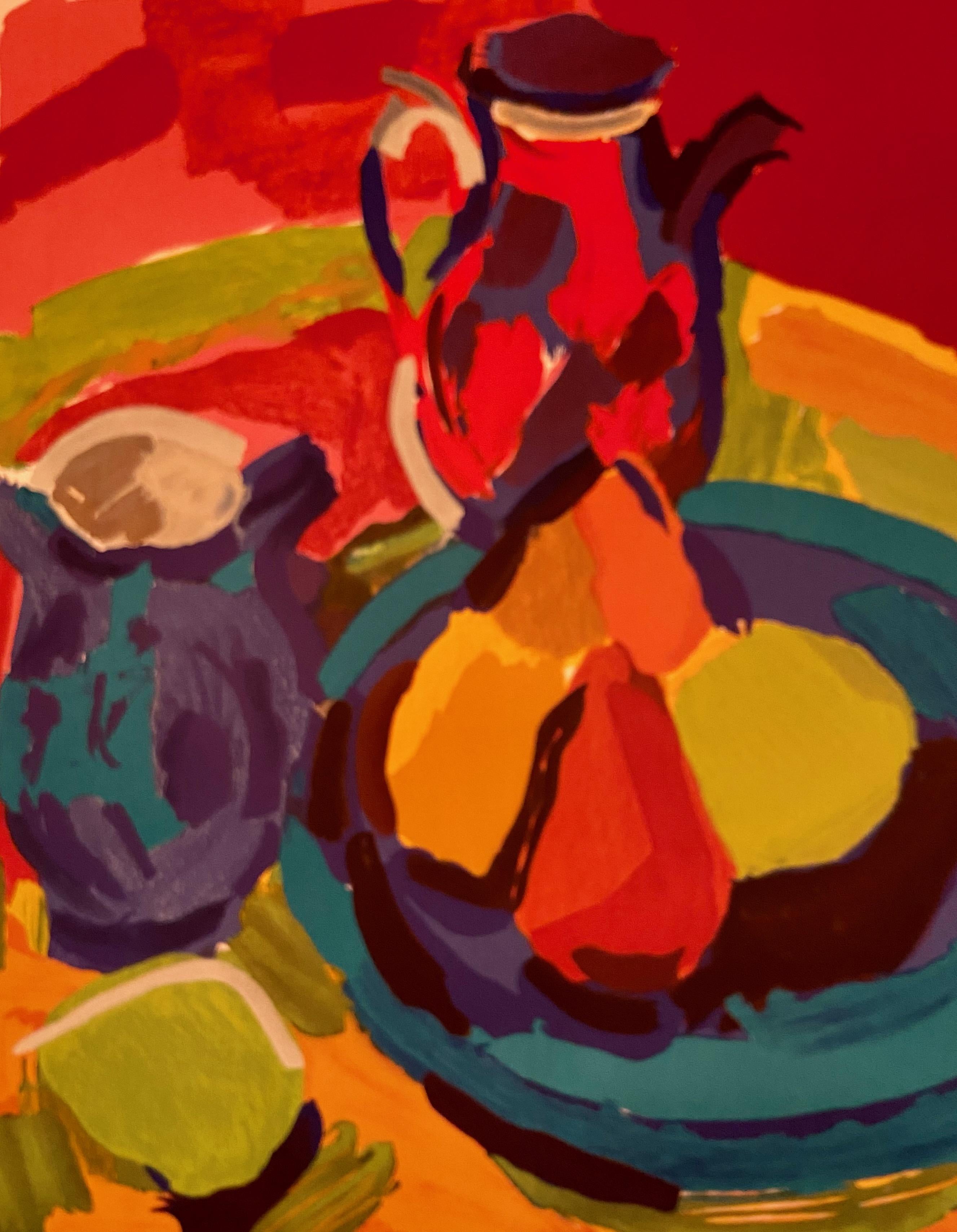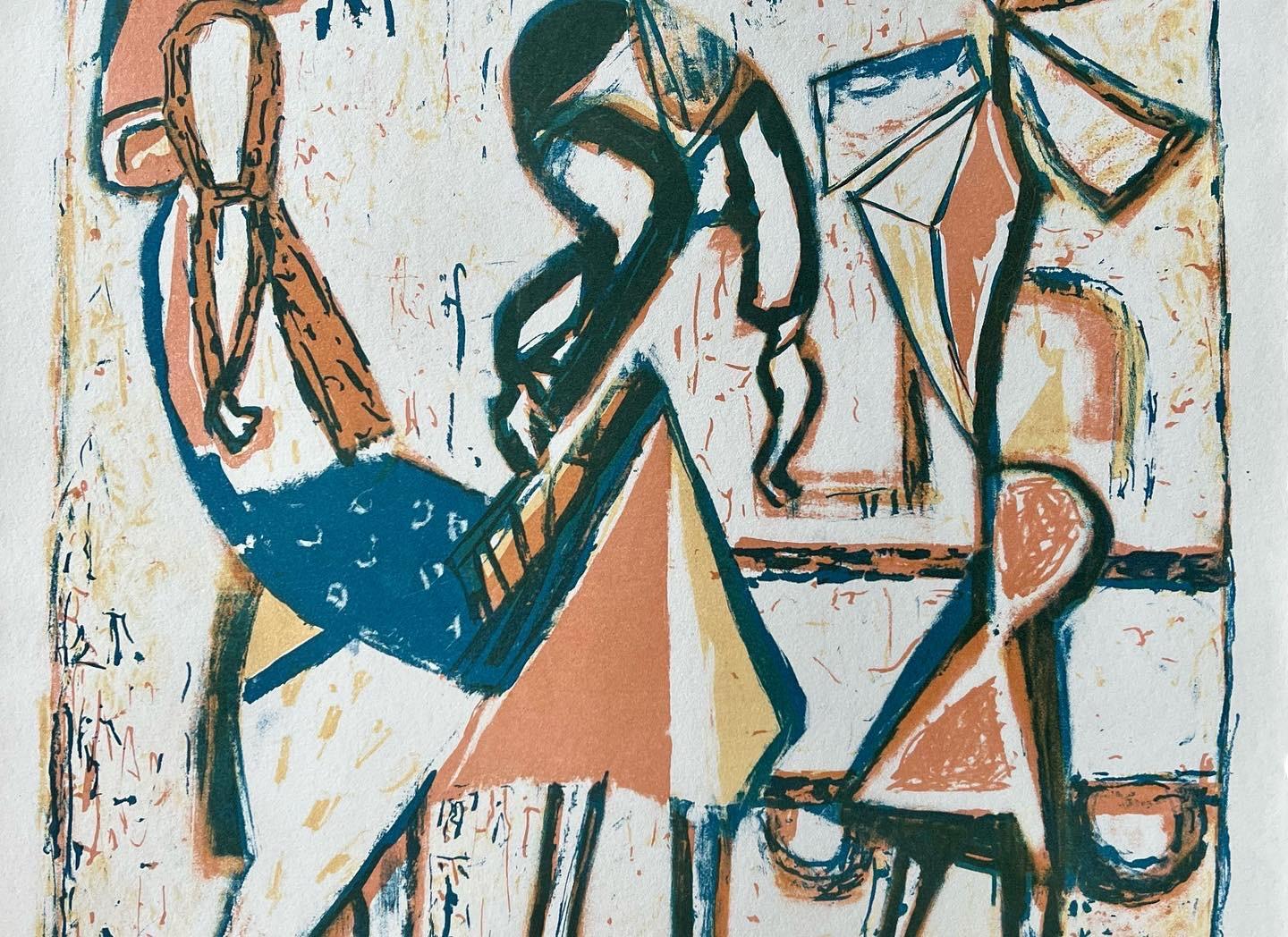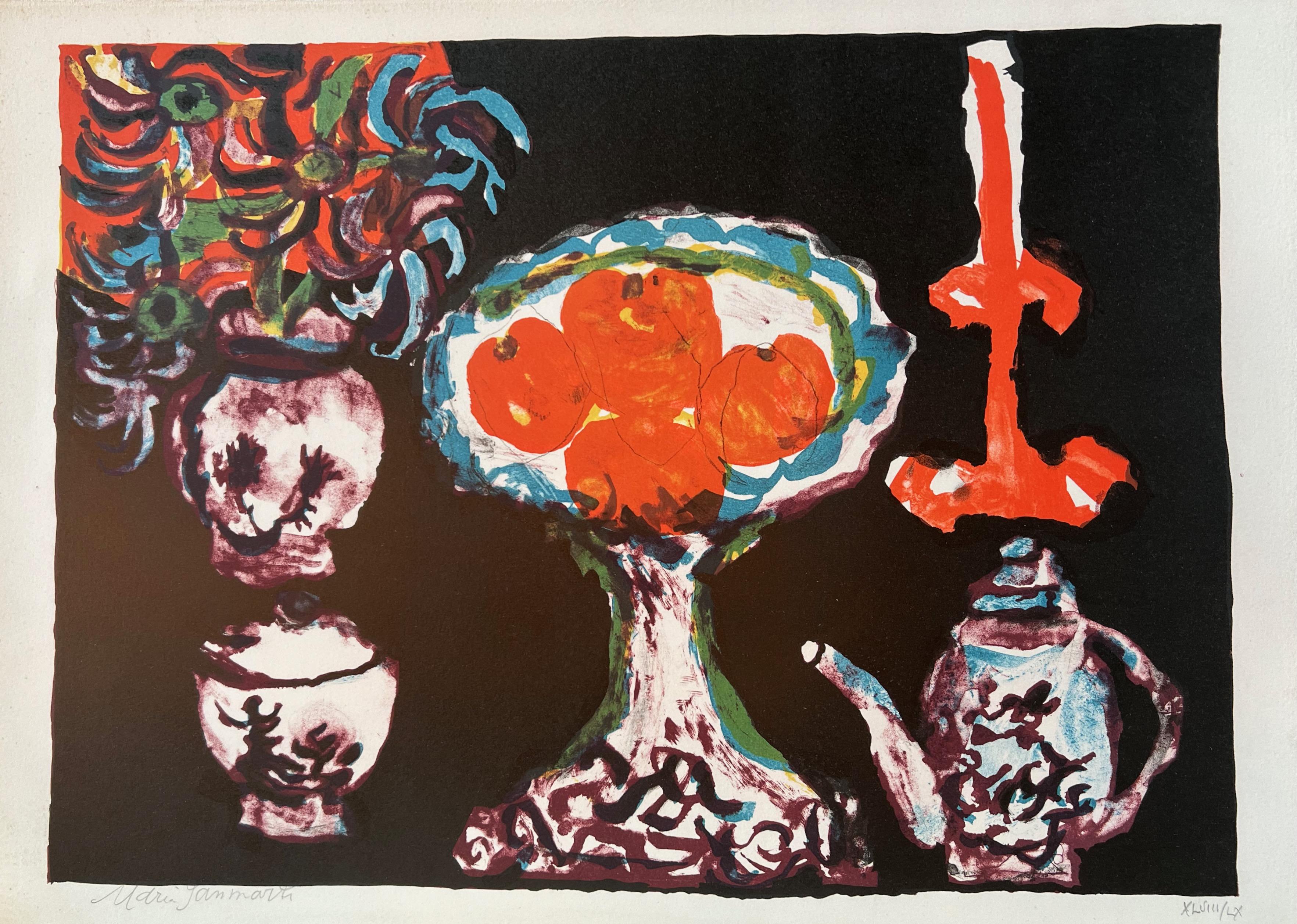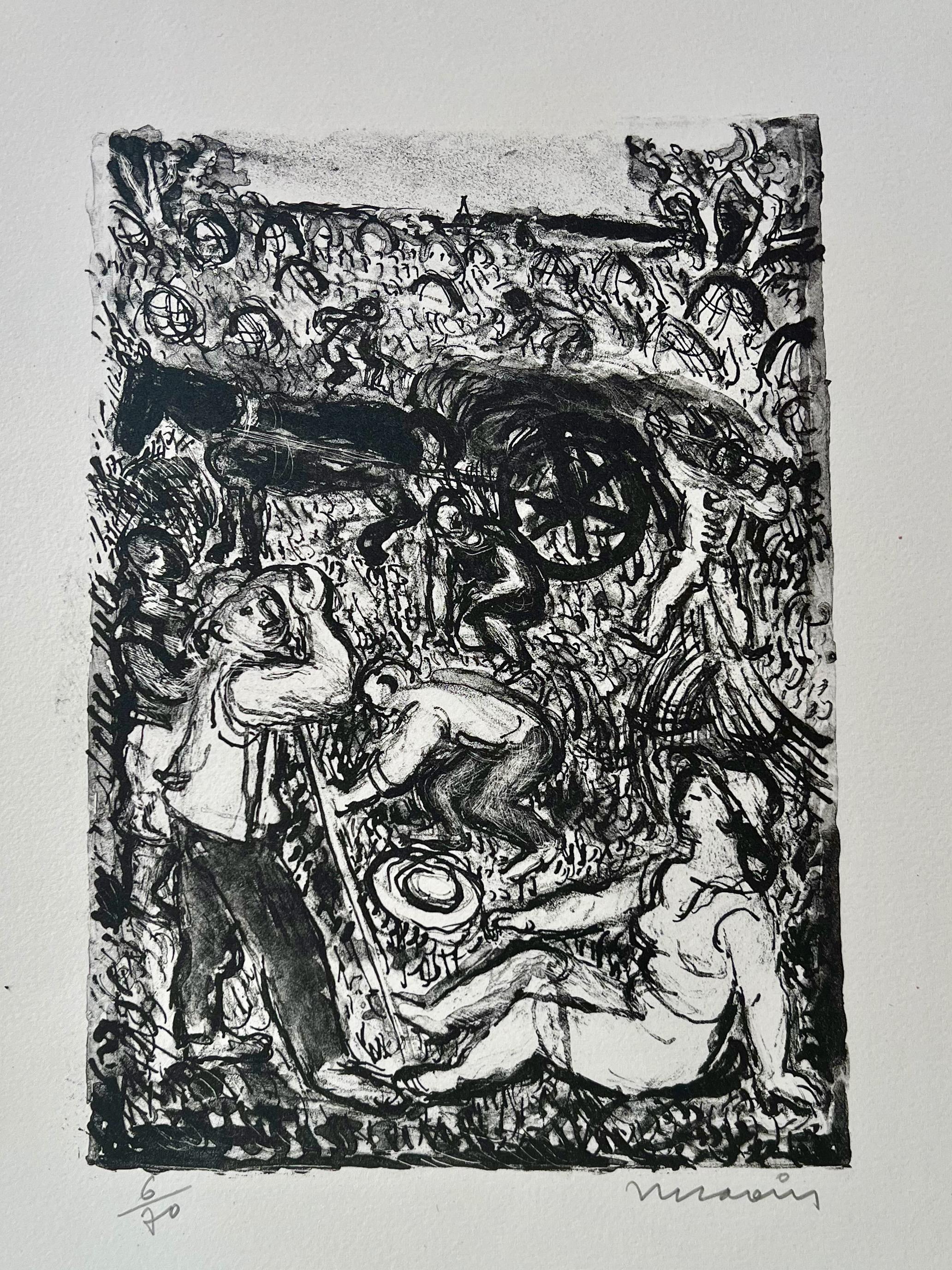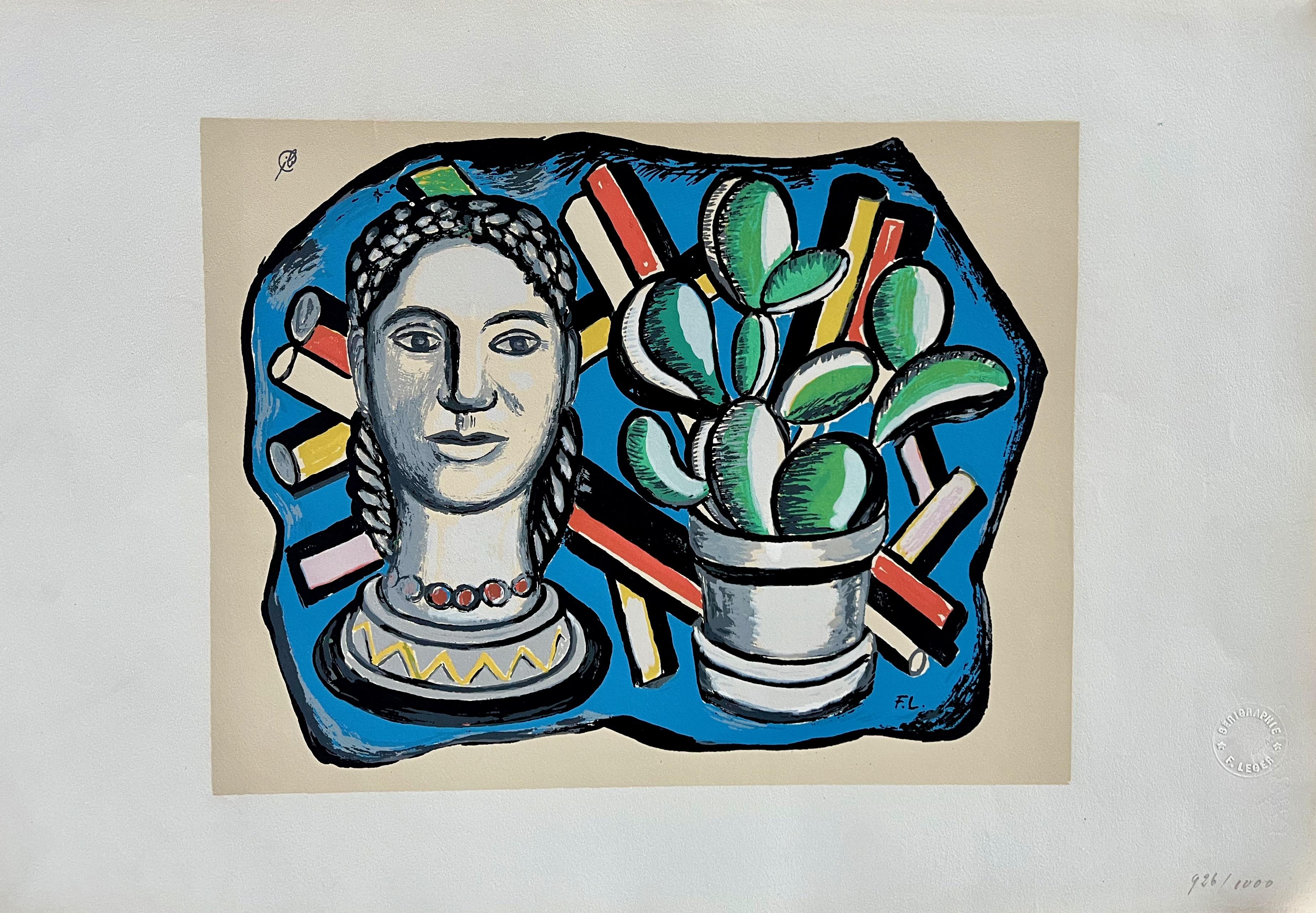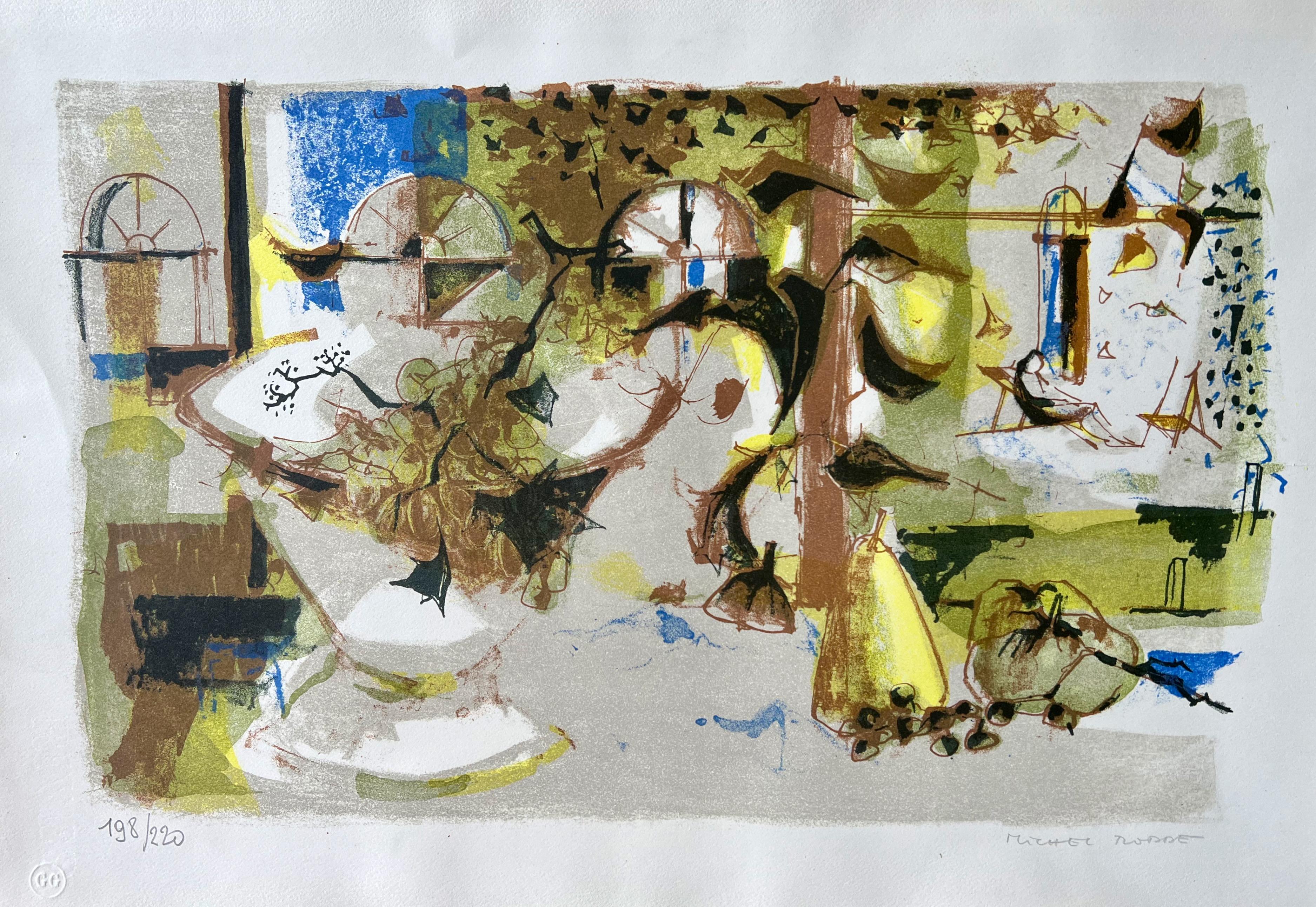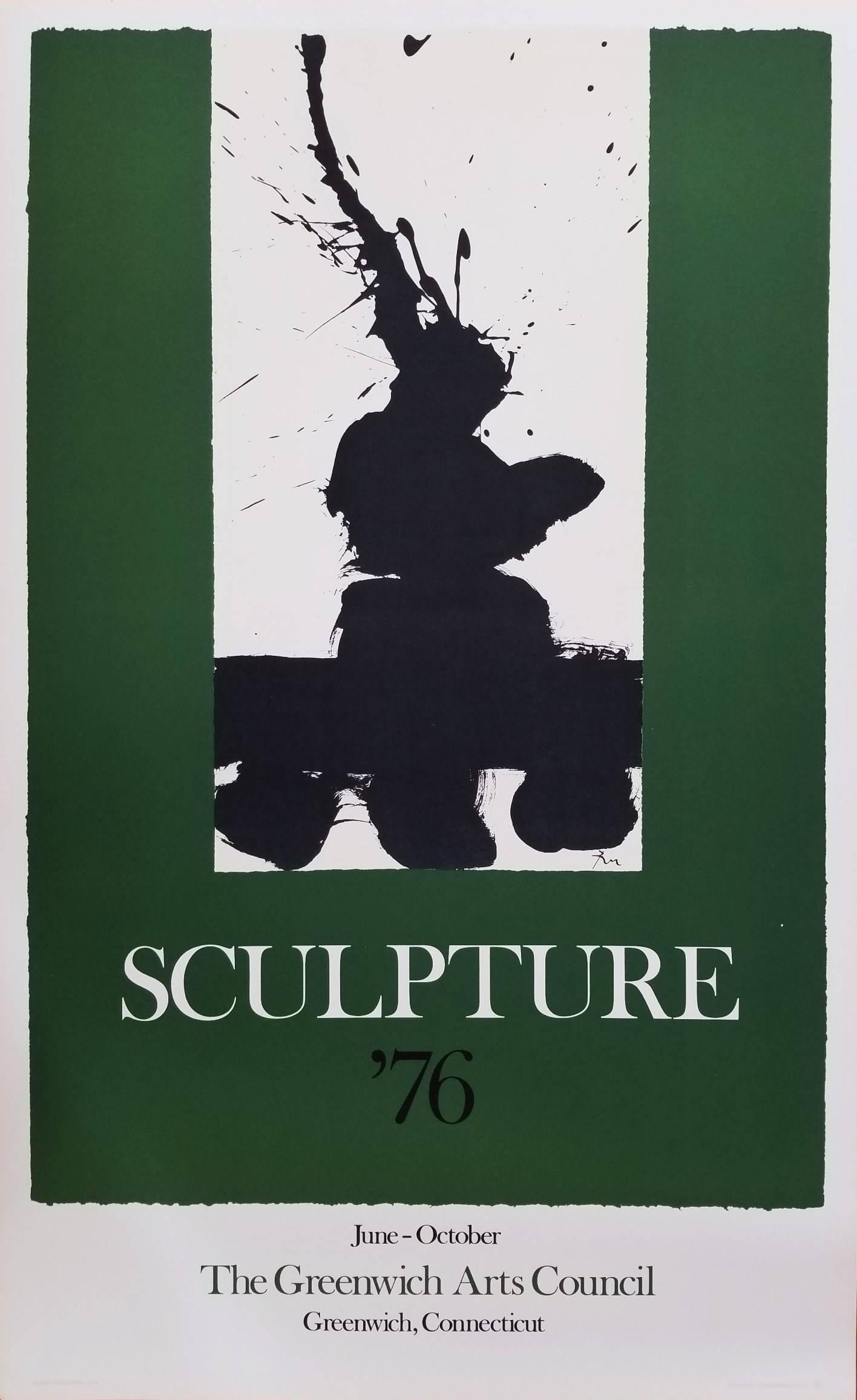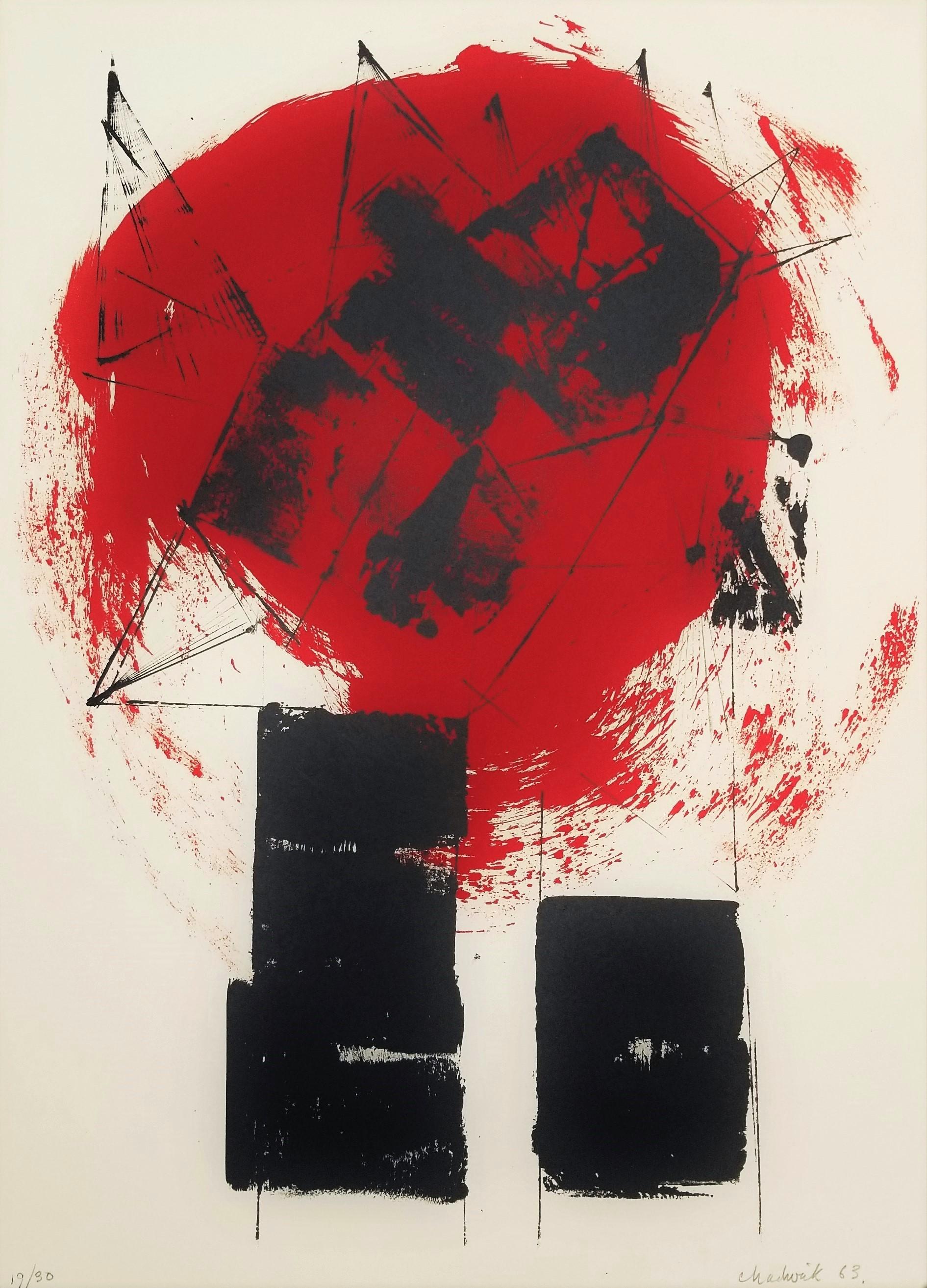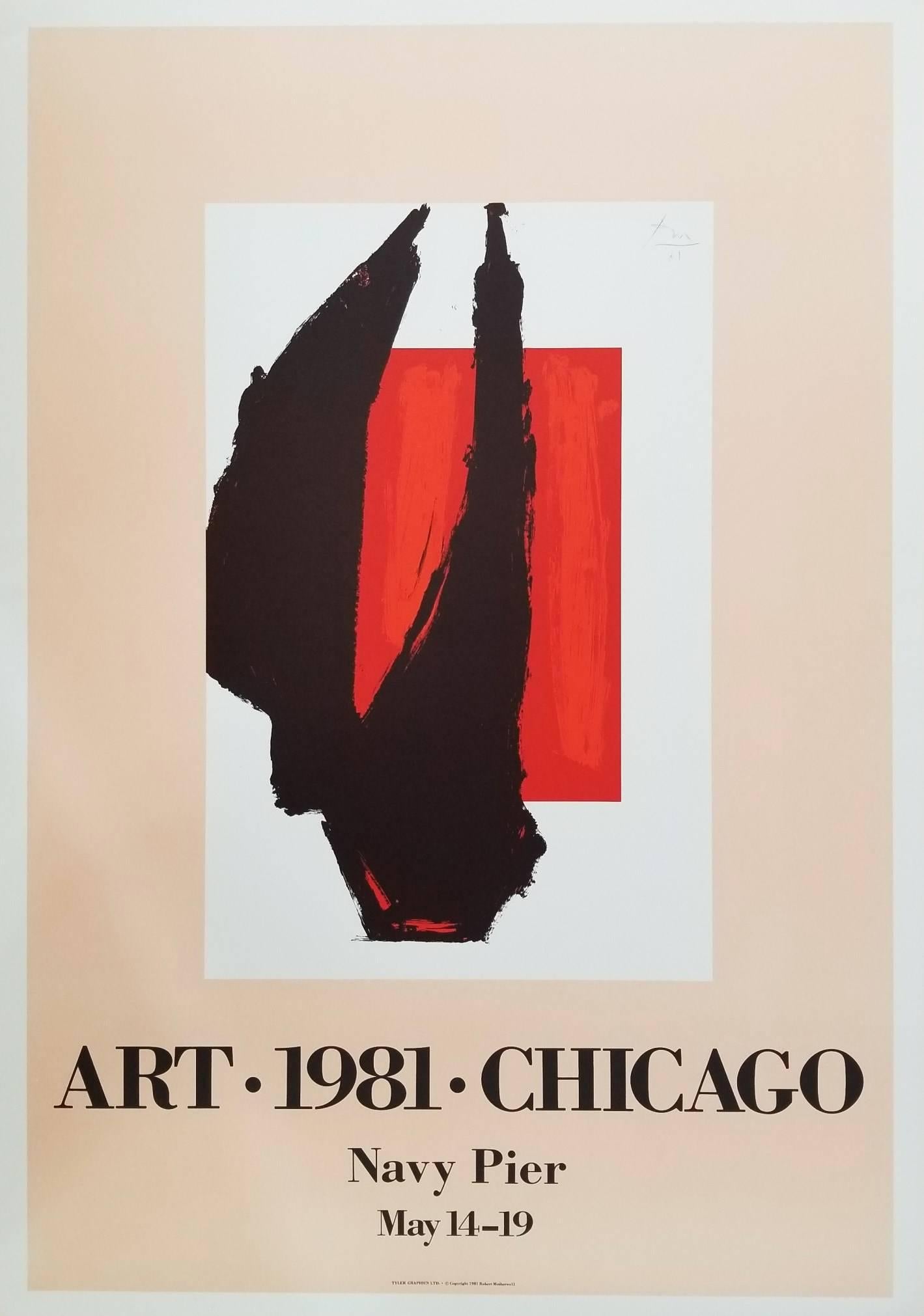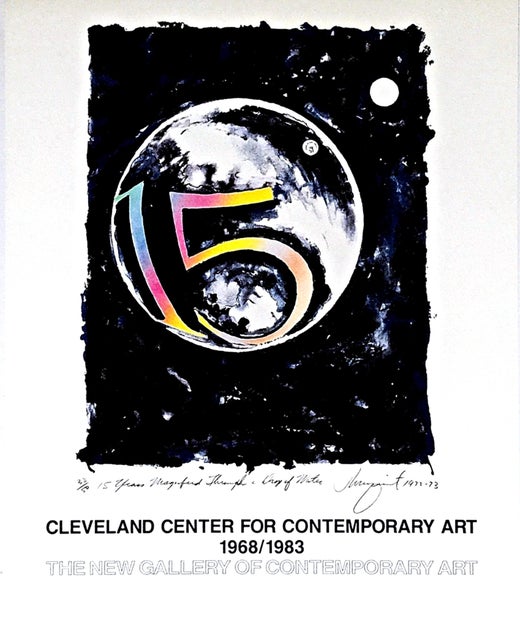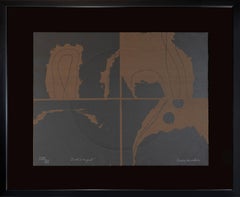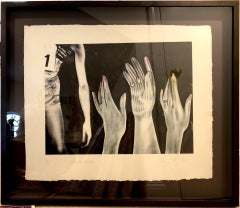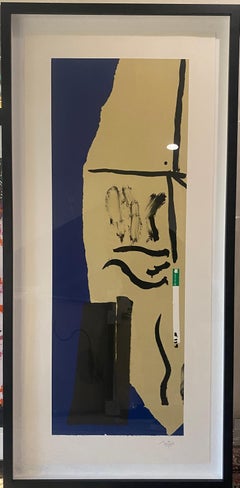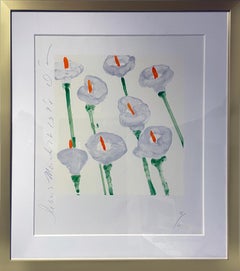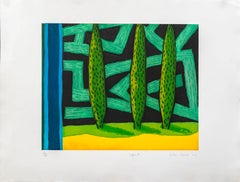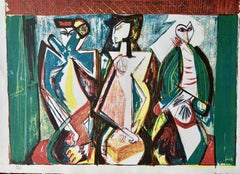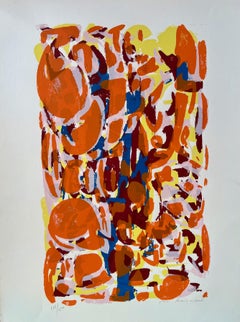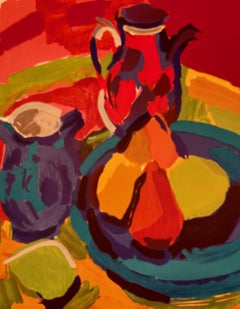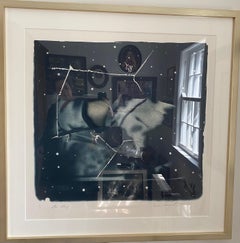
"The Star Thief" by James Rosenquist
View Similar Items
James Rosenquist"The Star Thief" by James Rosenquist1986
1986
About the Item
- Creator:James Rosenquist (1933, American)
- Creation Year:1986
- Dimensions:Height: 37.5 in (95.25 cm)Width: 37.5 in (95.25 cm)Depth: 2 in (5.08 cm)
- More Editions & Sizes:Impression 8 of 25Price: $8,500
- Medium:
- Movement & Style:
- Period:
- Condition:This piece has a new custom frame with UV protective plexiglass.
- Gallery Location:Hinsdale, IL
- Reference Number:Seller: 23301stDibs: LU1384210703062
James Rosenquist
Although he insisted that he and his fellow Pop artists developed their art-making styles independently, American painter James Rosenquist belonged at the table with Andy Warhol and Roy Lichtenstein.
Known for his distinctive use of visual montage, Rosenquist produced large, vibrantly colored tableaux marked by fragmentation and overlap. He often employed familiar motifs and objects drawn from popular contemporary culture — hot dogs, lipstick tubes, American flags — which he manipulated to form disorienting compositions whose constituent elements are nearly unrecognizable.
Born in North Dakota to Swedish parents, Rosenquist was encouraged to pursue painting by his mother, who was also an artist. He studied painting for two years at the University of Minnesota, but dropped out at the age of 21 to attend the Art Students League in New York on a scholarship. A job as a billboard painter in the late 1950s set him up to pursue his signature style, which borrowed its bold graphics and remixed kitschy aesthetic from the visual vocabulary of advertising. Works like Flamingo Capsule (1983) embody his trademark visual dissonance, drawing cigarette-ad motifs into conversation with stripes from the American flag and aluminum foil wrappers.
In addition to enormous paintings, Rosenquist created drawings, prints and collages. The 2011 lithograph The Memory Continues but the Clock Disappears is a montage of melting clocks and confetti, all submerged in a pool of water. While wryly hinting at the inevitability of decay and deterioration — suggesting that life is a ticking clock — the composition also alludes to Salvador Dalí's signature motif, the defining symbol of Surrealism. Such compositions demonstrate how Rosenquist masterfully combined seemingly incongruous elements into a harmonious and poetic whole.
Find James Rosenquist art today on 1stDibs.
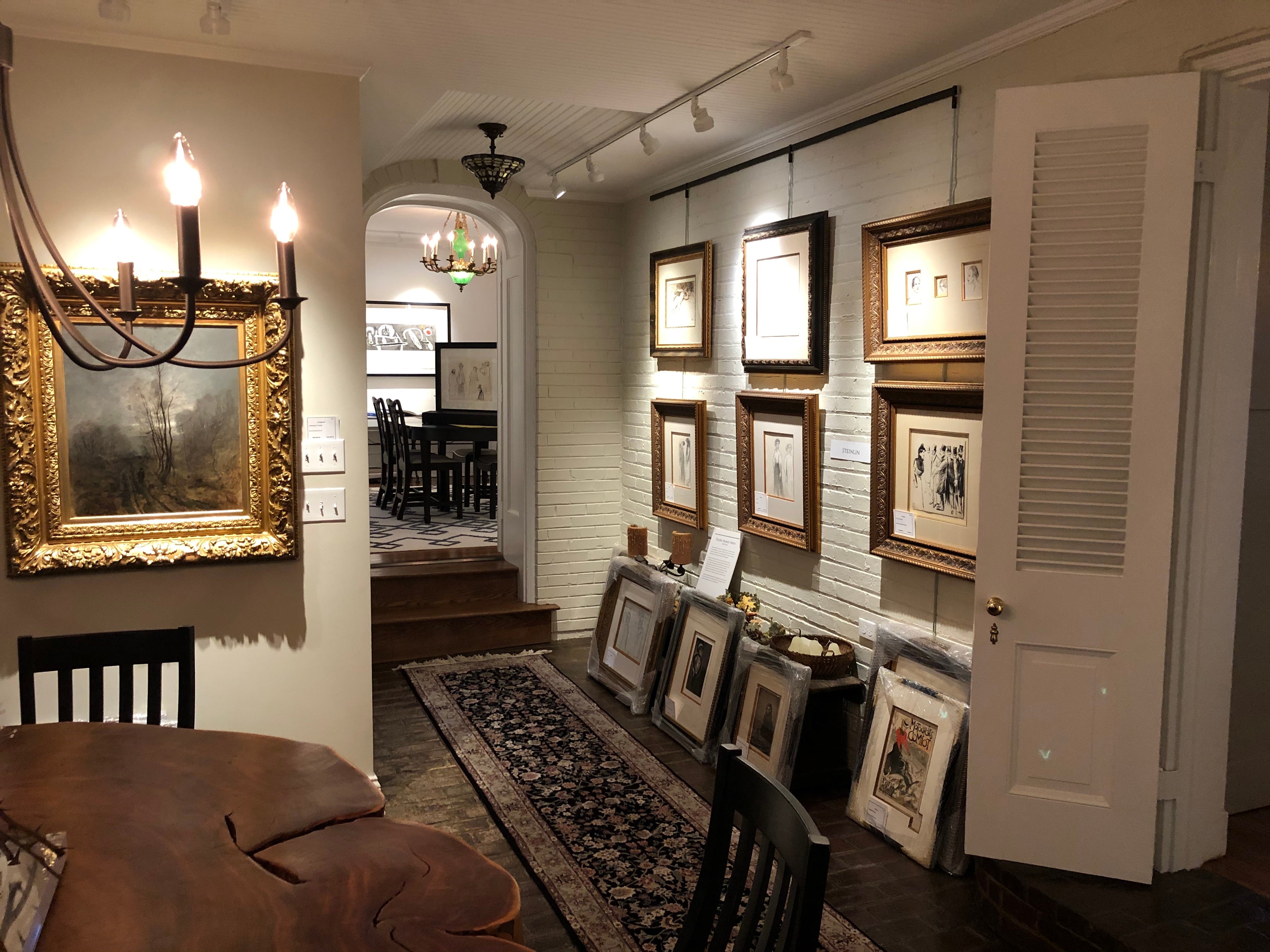
More From This Seller
View All1960s Abstract Expressionist Abstract Prints
Lithograph
1970s Abstract Expressionist Abstract Prints
Lithograph
1980s Abstract Expressionist Abstract Prints
Lithograph
1990s Abstract Expressionist Abstract Prints
Screen
1970s Abstract Expressionist Abstract Prints
Etching
1970s Abstract Expressionist Abstract Prints
Screen
You May Also Like
21st Century and Contemporary Abstract Expressionist Landscape Prints
Lithograph, Mezzotint
Mid-20th Century Abstract Expressionist Abstract Prints
Lithograph
Mid-20th Century Abstract Expressionist Abstract Prints
Color, Lithograph
Mid-20th Century Abstract Expressionist Abstract Prints
Lithograph
Mid-19th Century Abstract Expressionist Abstract Prints
Lithograph
Early 20th Century Abstract Expressionist Abstract Prints
Ceramic, Paint, Lithograph
